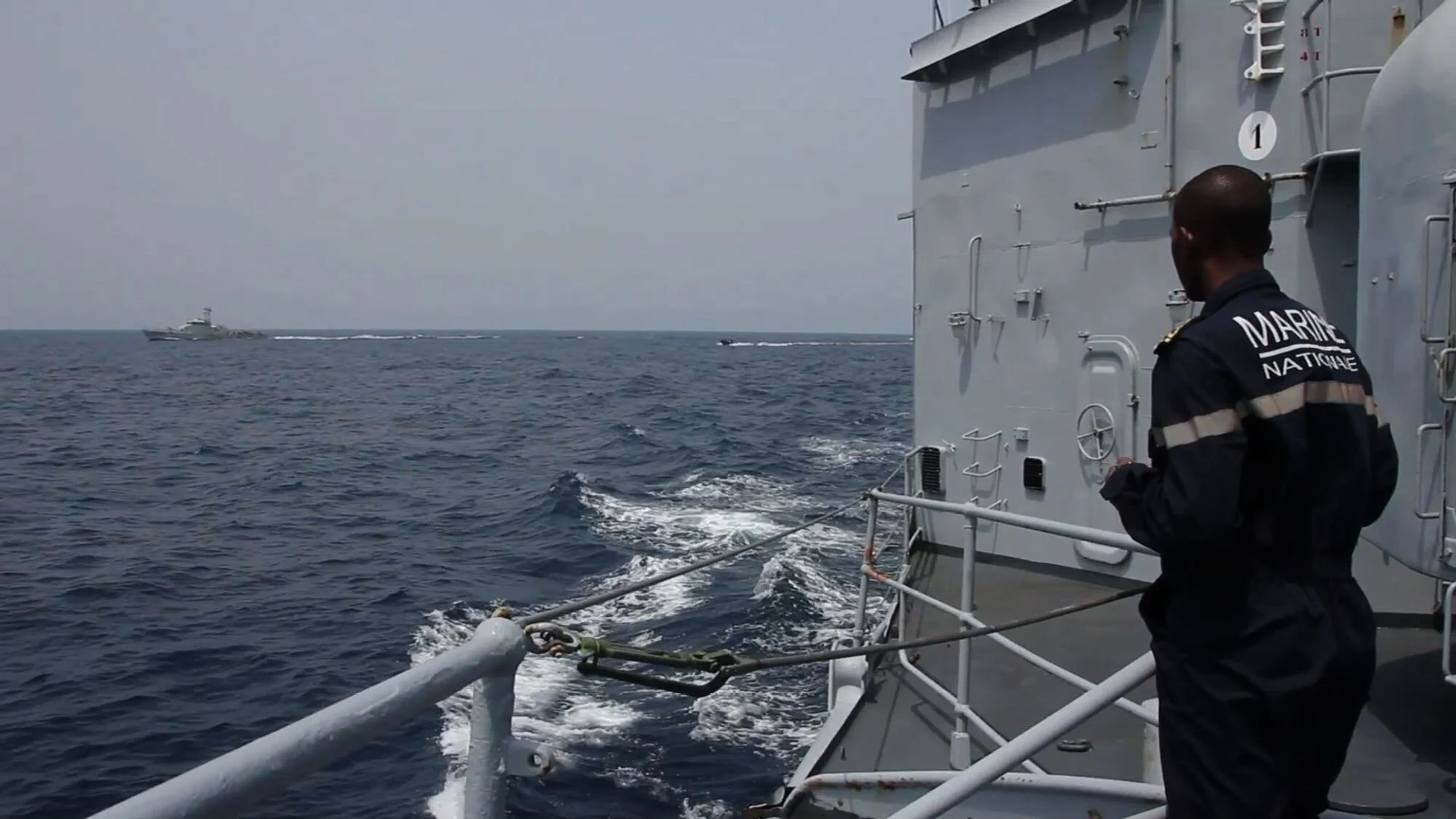L’Express: ‘How the Gulf of Guinea became the new epicentre of global piracy’
Dr. Dirk Siebels, sub-Saharan Africa specialist and main speaker on our popular Gulf of Guinea webinars, was interviewed by Sébastien Hervieu for the French newspaper L’Express on the situation in the Gulf of Guinea and what is being done to reduce the risks of violent attacks.
8 February 2021
Last year, 142 sailors were kidnapped in this area, a record, writes Hervieu, and continues to explain that the response remains difficult: Initially concentrated in Nigerian waters, the attacks are now spreading to neighbouring countries, from Ghana to Equatorial Guinea. And the goals have evolved, too. Previously, tankers were hijacked, their tanks siphoned off, and their goods resold.
Dr. Dirk Siebels explains: "With the improvement of surveillance, this operation has become more and more risky for the traffickers. They now prefer to kidnap, it's faster, easier, and it pays more." Kept secret, ransom amounts are often indexed to insurance policies - experts cite an average of $ 50,000 to $ 100,000 per head, the article states. The price varies according to the nationality. In the documentary produced in 2016 by Bertrand Monnet, Pirates, threats to world trade, a hooded Nigerian told his interviewer that a Westerner, "a guy like [him] is at least 220,000 euros".
Dr. Dirk Siebels was also asked how the maritime community could best fight this crime: "On ships, shipowners set up 'citadels', ie strong rooms with armoured doors, in which the crew can take refuge while awaiting the arrival of help. Armed guards sometimes board, but this solution - in addition to legality issues - risks increasing pirate violence.”
Full article on L’Express here (in French): How the Gulf of Guinea became the new epicentre of global piracy

